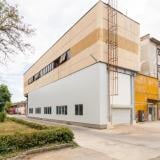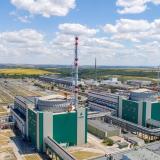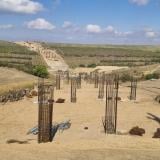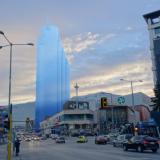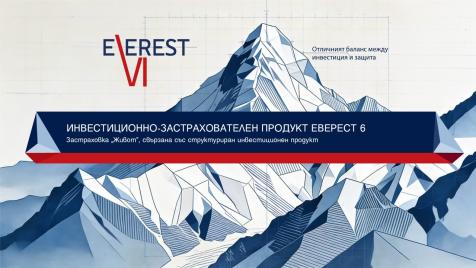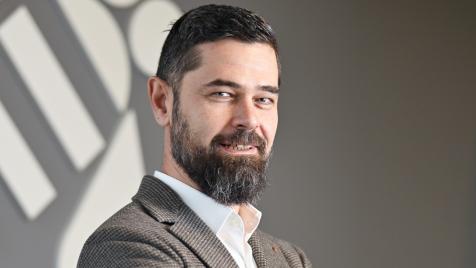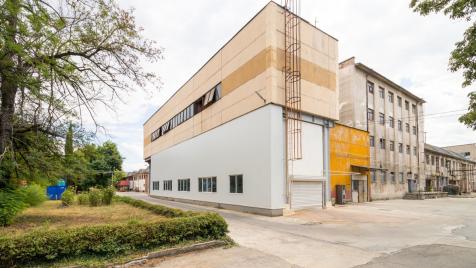The Bulgarian Trace in Robinhood
For four years the start-up of Vladimir Tenev and Baiju Bhatt became the second most expensive fintech company in the US
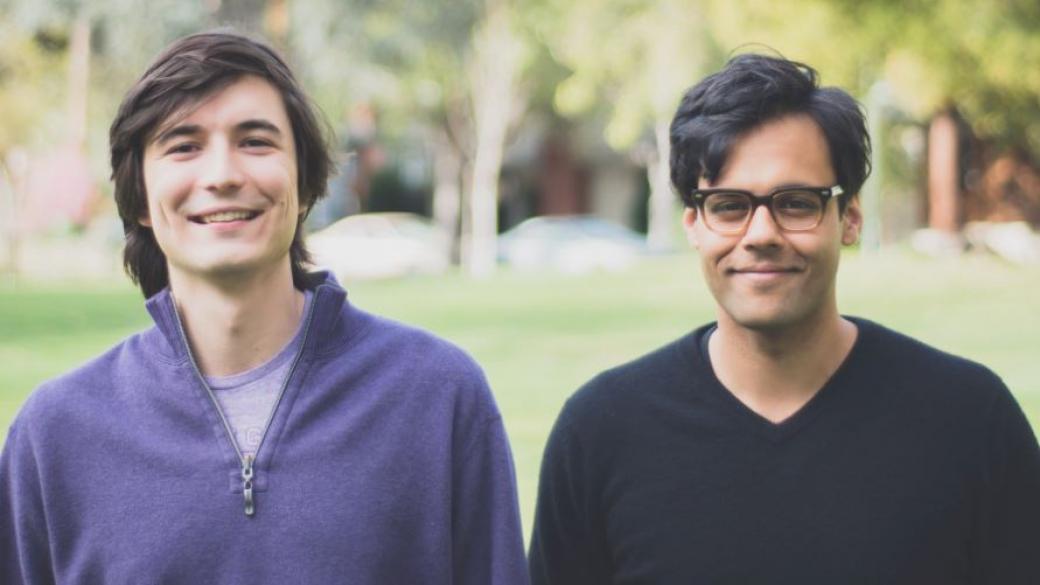
Innovations change business. And if the market is ready for such an innovation, it all happens very quickly. New and new examples appear. When we talk about technologies around the world that fundamentally change business models, it is worth it to focus our attention on Robinhood – no commission application for stock trading. What is more, there is a strong Bulgarian trace in it. A co-founder of the innovative start-up is Vladimir Tenev, born in Bulgaria and now 30 years old. Together with Baiju Bhatt, who became his partner, they developed a profitable idea. For a short period of time, the solution they both offer turned Robinhood into the second most expensive fintech company in the US after Stripe.
Wall Street Tsunami
A youth wave is sweeping over Wall Street and digitalisation, and together with the new understanding on how to do business, they are about to turn into a tsunami for the traditional financial operations. New entrepreneurs with a vision for revolutionary changes enter the world of money through their fintech companies with a flying start. This is how two years ago, Vladimir Tenev turned out to be part of Forbes’ 30 under 30 ranking. Since the application was released in App Store in December 2014, deals for more than USD 2 billion have taken place through Robinhood. That is why the company easily receives millions of dollars of funding from giants such as Gооglе Vеnturеѕ and Аndrееѕѕеn Ноrоwіtz.
Path
The family of Vladimir Tenev moved from Varna to the US when he was 4 years old. This was the year when his father, who is an economist, got a job from the University of Delaware in 1991. He met Baiju Bhatt in Stanford where Vladimir studied Maths, and Baiju - Physics. Later, they also became roommates. The Bulgarian reached a doctorate degree in Mathematics, but interrupted his education to devote himself to business.
Growth
Only for a year, Robinhood managed to increase its market value more than four times to USD 5.6 billion, TechCrunch calculated. The company enjoys the investors’ interest and among its latest achievements are the USD 350 million that it attracted; its main investor being again the DST Global fund of the Russian billionaire Yuri Milner. Last year, the fund was also a leader in the round financing with USD 110 million. The reason for the sharp jump in the assessment is the expansion of Robinhood, where the added service for trade with cryptocurrencies was a key element. With its application for iOS and Аndroid, the company gives a chance even to start-up investors to trade on the stock exchange with small and big sums through their smart phones. It also released a web version of its service and made it possible to trade with options. With the no-fee platform announced in January - Robinhood Crypto, the start-up is now a competitor to the leader on the crypto market - Coinbase, whose commissions vary between 1.5 and 4%. 1 million users subscribed only in the first five days of launching the service.
Monetisation Model
Yet, everyone asks themselves the question what is the monetisation model of Robinhood if it works without commissions for each transaction. The answer is that they also do not offer a “free lunch”; they have just changed the model. They earn from the interest on the money in their clients’ accounts in the application, as well as from their subscription service - Robinhood Gold. Against an amount between USD 6 and 200 per month, users can get a loan between USD 1,000 and 50,000 to trade with. The company continues its victorious march. The application will be available to new markets, the team will continue to grow and it will soon reach more than 200 people. What is more, it will move its office from Palo Alto in Menlo Park to the Silicon Valley. It is an indisputable fact for now that Robinhood introduces novelties at a very fast pace; that is why the figures related to the company’s development are a variable that does not stop growing.


